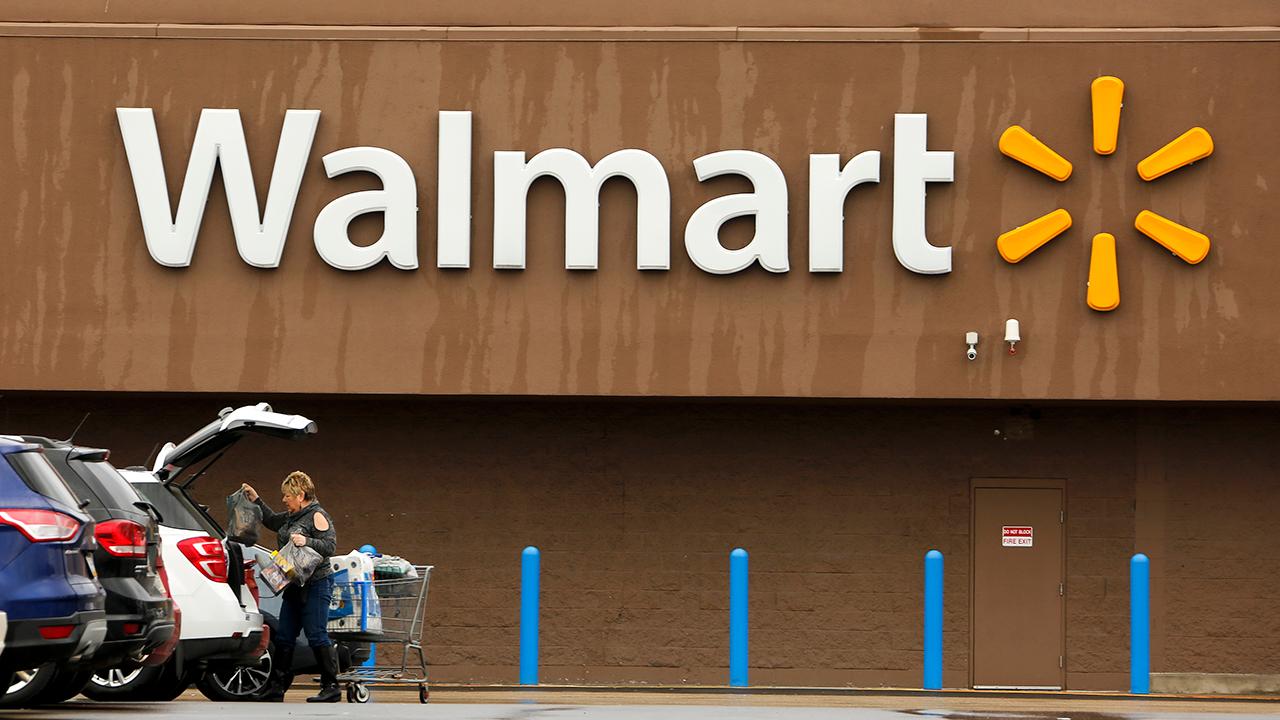Retail apocalypse? Walmart, Macy’s embracing ‘Amazon effect’
Calls of a retail apocalypse appear to be overblown when you consider the recent earnings season, which included better-than-expected quarterly expectations from companies including Macy’s and Walmart.
The recent struggles that the sector has experienced have been attributed to the “Amazon effect,” with the e-commerce giant growing at the expense of traditional, brick-and-mortar retailers.
JJ Kinahan, chief market strategist and managing director at TD Ameritrade, told FOX Business that traditional retailers shouldn’t be written off.
He noted that they have been adapting to the new environment by forming partnerships and finding out how to use their brick-and-mortar locations more efficiently.
Kinahan cited the shift to “quick and efficient shopping” and some regional customization when it comes to stores, which is different from a “one size fits all” format that traditional stores used to follow.
Earlier this year, Macy’s announced that it would spend $1.05 billion this year on its stores and e-commerce. The company is experimenting with mobile checkout and new lighting.
Target, meanwhile, last fall opened a small-format store in New York City.
One of the hottest battles in the retail sector has been Walmart vs. Amazon, and Kinahan said Walmart is not getting enough credit from Wall Street.
| Ticker | Security | Last | Change | Change % |
|---|---|---|---|---|
| M | MACY'S INC. | 22.70 | +1.18 | +5.48% |
| WMT | WALMART INC. | 131.18 | +4.24 | +3.34% |
| TGT | TARGET CORP. | 115.56 | +4.66 | +4.20% |
The company is making strides overseas. Walmart will have a new presence in India through its purchase of Flipkart, and its strategic alliance with JD.com gives it access to the Chinese consumer.
In order for Walmart to expand overseas, the company will pay in the near term when it comes to earnings. According to Kinahan, the steps the company is taking to ensure further growth are being overlooked.
Regarding Amazon, Kinahan said the recent increase in its Prime membership price was smart as it hedges to account for higher energy costs, a significant expense for the company.
Energy prices have been on an upward trajectory, with U.S. crude oil recently moving above $70 a barrel.
While Amazon and Walmart are competitors, they are both trying to arrive at a similar place but by taking different paths. Amazon is growing by adding brick-and-mortars while Walmart is making a big e-commerce push.
In its latest quarterly earnings, Walmart said its online sales increased by 33% in the quarter. As previously reported by FOX Business, part of Walmart’s growth strategy is to offer consumers as much as it can, online.
Amazon, meanwhile, has moved into brick-and-mortars through its purchase of Whole Foods. In addition, the company opened its first cashier-free store in Seattle earlier this year and has plans to open more locations in Chicago and San Francisco.
While some retailers are surviving, and even thriving, they still face some challenges. Kinahan told FOX Business that the biggest challenges that the retail sector faces are rising energy costs and the risk that inflation will outpace wage growth.




















